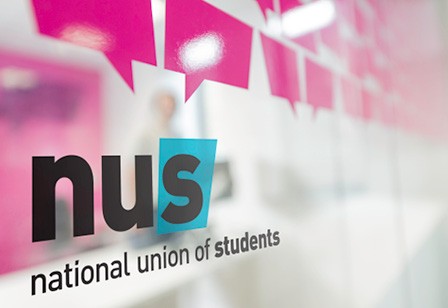Differentiating differently - University Business
As featured in University Business, by Avi Wilson-Dyer-Gough.
The university experience should draw on the feel of the atmosphere on campus, the other students, the lecturers and the location.
For decades now universities have been told that in order to thrive they need to drive awareness and attract greater numbers of students. In fact, creating awareness has become such a central focus that it now excludes other subtler, yet potentially more powerful attributes a university could deploy.
The difficulty resides in the fact that regardless of a university’s heritage, membership in the Russell Group or position in league tables, authentic differentiation factors are scarce and therefore particularly challenging to highlight.
Little wonder universities tend to fall back on tried and tested communications to attract students. The problem is that everyone's tried and tested communications sound very much the same.
So let’s look at what universities all have in common that very few other sectors can claim. They genuinely have their ‘customers’ – the students – best interests at their heart. Their aim is to give them the best start in life and develop their talents yet they still don’t deliver the best student experience to reflect this. And this is the point from which they can start building an impactful, customer-centric brand and corporate strategy.
If we deep dive into differentiation, we start to see why this goal is frequently missed. As they stand, universities can never truly differentiate themselves as they sell similar products to similar people.
Those universities who believe they are differentiating are in reality using comms campaigns to differentiate themselves and ultimately this kind of differentiation does not stand up under scrutiny.
And, as previously mentioned, differentiation based on their heritage or position on league tables has less impact than it once had. Students are increasingly faced with multiple league tables using different scoring systems. As a result a university’s ranking has become less influential when evaluating which university to choose.
So let’s flip differentiation on its head and look at how a university positions itself in the market. This exercise will enable you to more clearly work out how to find your unique position within a market sub-sect. And, most importantly, it pulls you away from trying to be different from everyone else.
You can’t compete with every university out there, and you shouldn’t try to compete with universities who aren’t in your competitive set. Instead, understand where your customers place you in the university market. By looking at yourself from your target student's perspective you can start to understand what makes you different from the people in your perceived competitive set.
This invaluable exercise will enable you to define what is important to your potential customers (i.e. students) instead of focusing on what’s important to the institution (e.g. ‘research scores’ and ‘teaching scores’).
Being realistic about the fact that you can’t target everyone enables you to more clearly set your sights on those whose core ‘wish list’ best aligns with what you offer and what you do best.
And this brings us to asking what is important to potential students…. The answer should be the courses and the university experience. These are fundamentally the two most important elements your prospective students are buying.
Potential students are either led by what job they want and therefore what course they have to study, or they are undecided about their career and therefore more focused on having a reputable subject and name on their cv.
Either way, understanding what courses you excel in and what makes these ones so special will enable you to structure how you position yourself as an institution (i.e. are you a practical kind of uni or a scientific uni etc.)
Focusing on understanding what makes your university experience special is of equal importance. Ask yourself what is the vibe on the campus and the common quality shared across all of your students, and use this knowledge to guide your core institutional brand.
The university experience should draw on the feel of the atmosphere on campus, the other students, the lecturers and the location as well as the level of student satisfaction.
Those days when a university’s focus was on creating and maintaining awareness are long gone. Each university’s raison d’être needs to be clearly drawn out, it needs to highlight its subtle differences that will appeal to a specific set of students rather than take a blanket approach that risks getting drowned out in the overall noise.
Differentiating for the sake of ‘being different to stand out’ is a fruitless exercise. Authentic differentiation, on the other hand, comes from the heart of the brand and will resonate with those students you are there to support.






